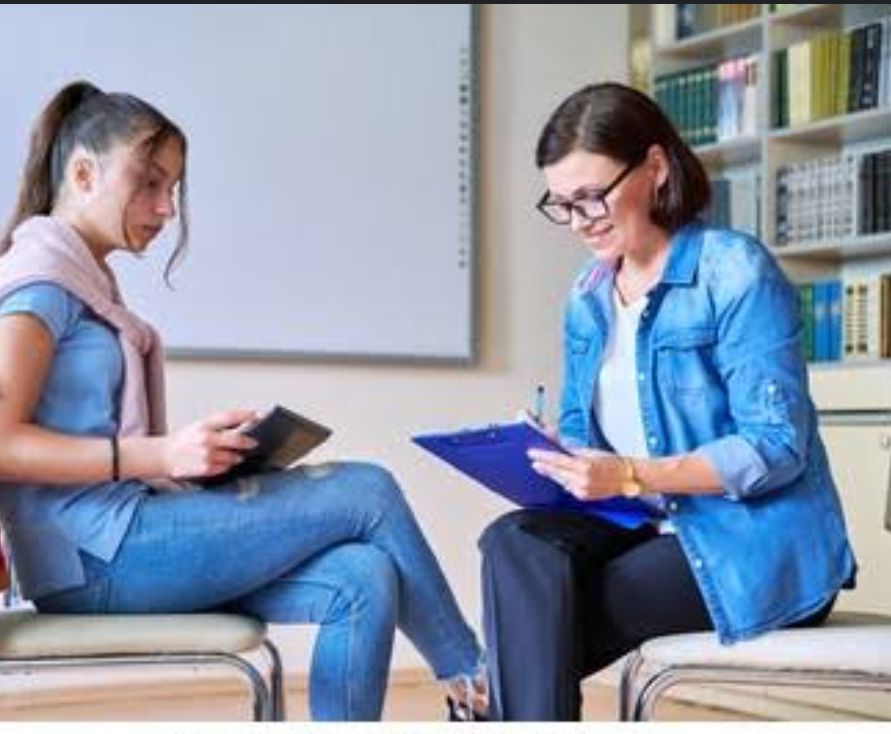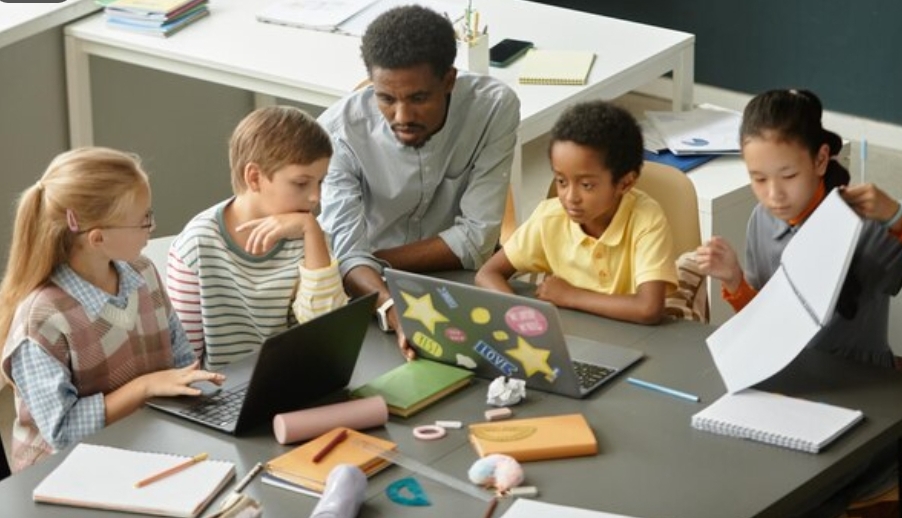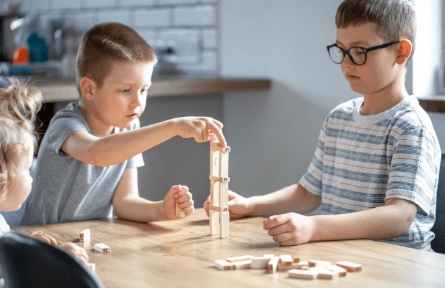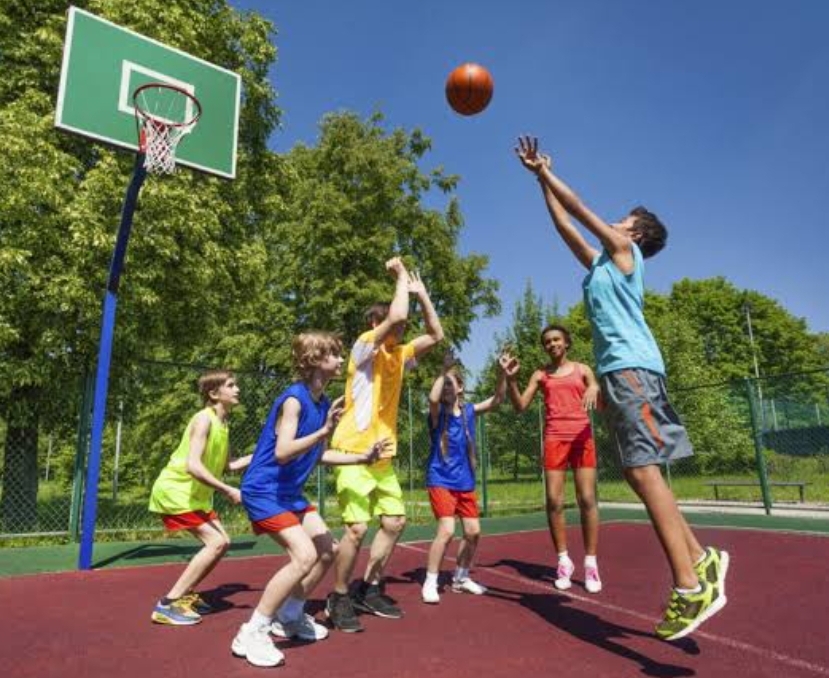
In a whirlwind of information and interconnectedness, we’re fostering a generation of informed global citizens! Today, we chat with Jovita, a curious and tech-savvy student who offers a refreshing perspective on what it means to be a citizen of the world!
Question: Beyond textbooks, how do you stay informed about global issues?
Jovita: Textbooks are a great starting point, but I love diving deeper using educational technology trends. There are awesome news apps and websites designed for young people, presenting information in a clear and engaging way. Sometimes, I even use virtual classroom tools to connect with students from other countries and get their firsthand perspectives on current events. It’s like having a global news network right at my fingertips!
Question: How has remote learning impacted your understanding of global issues?
Jovita: Remote learning strategies have surprisingly opened doors to a more global learning experience! We’ve had guest speakers from different countries join our online classes, and some classes even partner with schools abroad for virtual projects. It’s amazing to collaborate with students from diverse cultures and backgrounds on issues like climate change or sustainable development. It’s like being in a virtual classroom without borders!
Question: In your opinion, what are some essential digital skills for global citizens?
Jovita: Absolutely! Being a global citizen requires strong digital skills development. We need to be critical thinkers when researching information online, communicate effectively across cultures using technology, and be responsible digital citizens in a world overflowing with information.
Question: Have you participated in any online courses or programs focused on global citizenship?
Jovita: You bet! During the summer, I took a self-paced online course on global challenges. It explored issues like poverty, access to clean water, and global health. The course even offered resources and ideas for how young people can get involved in making a positive impact. It was eye-opening to learn about these issues and how even small actions can make a difference.
Question: How can social media be a tool for global citizenship?
Jovita: Social media can be a powerful tool for connecting with people from all over the world. I follow organizations working on global issues and use social media to raise awareness about causes I care about. It’s also a great platform to learn about different cultures and traditions through people’s posts and stories. It’s like having a window into different parts of the world!
Question: What are some ways you integrate your understanding of global citizenship into your everyday life?
Jovita: I try to be mindful of my consumption habits and choose products made with sustainable practices. I also support local businesses that value fair trade and ethical sourcing. Even small choices can contribute to a more just and sustainable world. Every little bit counts, right?
Question: Have you had any experiences that broadened your perspective on global citizenship?
Jovita: Last year, my family volunteered at a local refugee center. Meeting people from different backgrounds who had fled war or persecution made me realize the importance of empathy and understanding different cultures. It was a humbling experience that opened my eyes to the challenges faced by people around the world.
Question: What advice would you give to other students who want to become more engaged global citizens?
Jovita: Don’t be afraid to step outside your comfort zone! Use technology to explore different cultures, learn a new language (even a few basic phrases!), and connect with people from other parts of the world. There are so many resources available online and in your community. Get curious and start exploring! Maybe you could even find a study buddy online from another country – that would be pretty cool!
Question: Imagine a future where everyone embraces global citizenship. What would that world look like?
Jovita: In a world of global citizens, we’d see more collaboration and cooperation on global challenges. There would be greater understanding between cultures, and we’d work together to create a more sustainable and equitable future for all. Imagine a world where everyone has a voice and feels like they belong!
Question: This one’s for you, Jovita! What are your dreams and aspirations for yourself as a global citizen?
Jovita: I dream of a world where everyone has access to education and healthcare. I want to use my voice and skills to advocate for human rights and environmental protection. Being a global citizen means using my knowledge and abilities to make a positive impact on the world. Maybe someday I can even work for an international organization or travel the world to learn more about different cultures. The future is full of possibilities, and I am excited to see what the future holds! I’m thinking about using online tutoring services to connect with a tutor who can help me improve my Spanish. Imagine being able to communicate with even more people around the world – that would be amazing!
Jovita, thank you for sharing your insightful perspective on global citizenship! Your enthusiasm and commitment to making a difference are truly inspiring.
Let’s continue this conversation in the comments below! Share your thoughts and experiences on global citizenship. How are you working to become a more engaged citizen of the world?
#GlobalCitizenship #StudentVoice #FutureReady #Education









